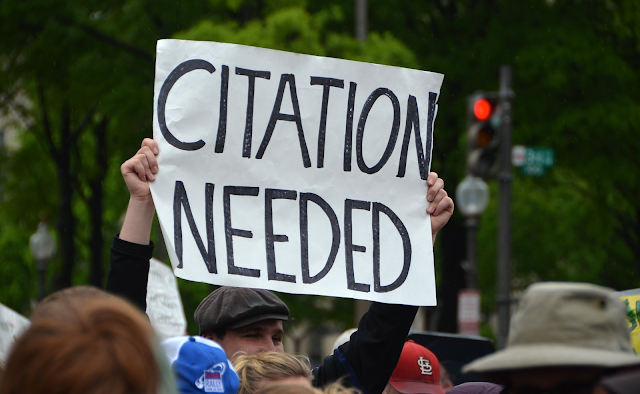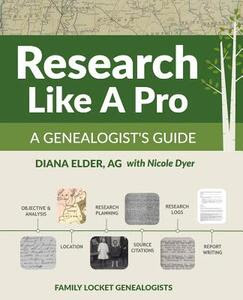From My Bookshelf

Getting It Right [i] From My Bookshelf Getting It Right is a style guide for consistently recording family history, making it easier and more efficient to share information regardless of which family history software programs you use. It provides guidelines for consistently recording information on paper records such as Family Group Sheets and Pedigree Charts, and guidelines for submitting Temple Ordinances for members of The Church of Jesus Christ of Latter Day Saints. Names By page 16, I had stopped going into my Ancestry tree to make changes in the way names had been recorded. Now, instead of Carl R (Charles) Larsen, his name reads Carl Rudolph Larsen, and in the AKA field, the name is Charles. He was baptized as Carl in Norway and began using the name Charles after the family immigrated to the United States. Dates The section on dates contains the clearest explanation of double dating that I have ever read: “All dates from the 25th of March through the 31st of Dec...


.jpg)



